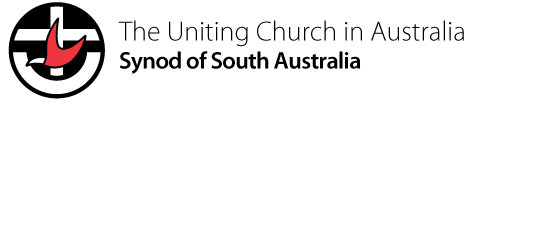Reflect, today, upon how willing you are to embrace sacrifice in your own life. No, your sacrifices are not able to save the world by their own merit, but if you face your crosses in life, be they big or small, and if you intentionally and wholeheartedly unite them to the actions of Jesus that first Holy Week, then you can be certain that you will suffer with our Lord. But you can also be certain that your suffering will be transformed by the power of this Holy Week and lead you to a glorious sharing in His triumph over all sin and suffering.
The act of making a pilgrimage – traveling to a sacred place to encounter the divine – is ancient, probably as old as humanity itself. Perhaps the first Christian pilgrimage was that of the Wise Men, men who were not even believers in the Messiah, but who knew that “something” drew them from their homes and studies. Unsure as to what they sought, they found not a someTHING, but a someONE: Christ the Lord.
